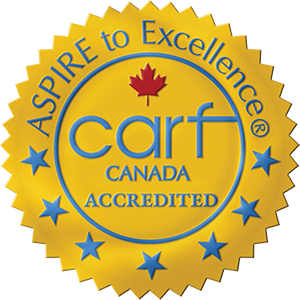Who We Are
The Family Support Institute of BC (FSI) is a provincial non-profit society dedicated to empowering and supporting families who have a family member with a disability. As the only grassroots, family-to-family organization of its kind in Canada, FSI stands out with its extensive and passionate volunteer network that provides peer-to-peer support, information, events and training and community. FSI’s supports and services are FREE for families across British Columbia.
Our Mission
To strengthen, connect and build communities and resources with families of people with disabilities in BC.
Our Vision
All individuals and families are supported, connected and fully valued in their communities.
Our Beliefs
The Family Support Institute of BC honours that FSI grew out of an era that did not value the pivotal role of families.
- Families are the best voice to speak for their unique circumstances
- Informed, involved, and confident families are the most effective agents for creating social change
- Informed families are more empowered to speak for themselves when needed
- Families are the best resource to support one another
- Families have a critical role in shaping the future for their family members
Guiding Principles
- Keep our vision, mission and beliefs at the heart of all we do.
- Support, mentor, and build capacity in families.
- Promote inclusion for people with disabilities and their families in all aspects of our work.
- Promote equal rights and equitable opportunities for people with disabilities and their families in all aspects of our work.
- Support families to advocate for and promote quality supports and services for people. with disabilities and their families and respect choice and diversity in all areas of life.
- Celebrate and support team members for exemplary teamwork and collaboration.
- Share knowledge and best practice in family support, advocacy, stakeholder relations, and projects always.
- Build relationships with community partners who align themselves with the organization.
- Advocate for the social change.
- Participate and contribute in community and with families.
- Value diversity in backgrounds, experience and perspectives.
- Be inclusive – inviting and accepting of differences in one another.

